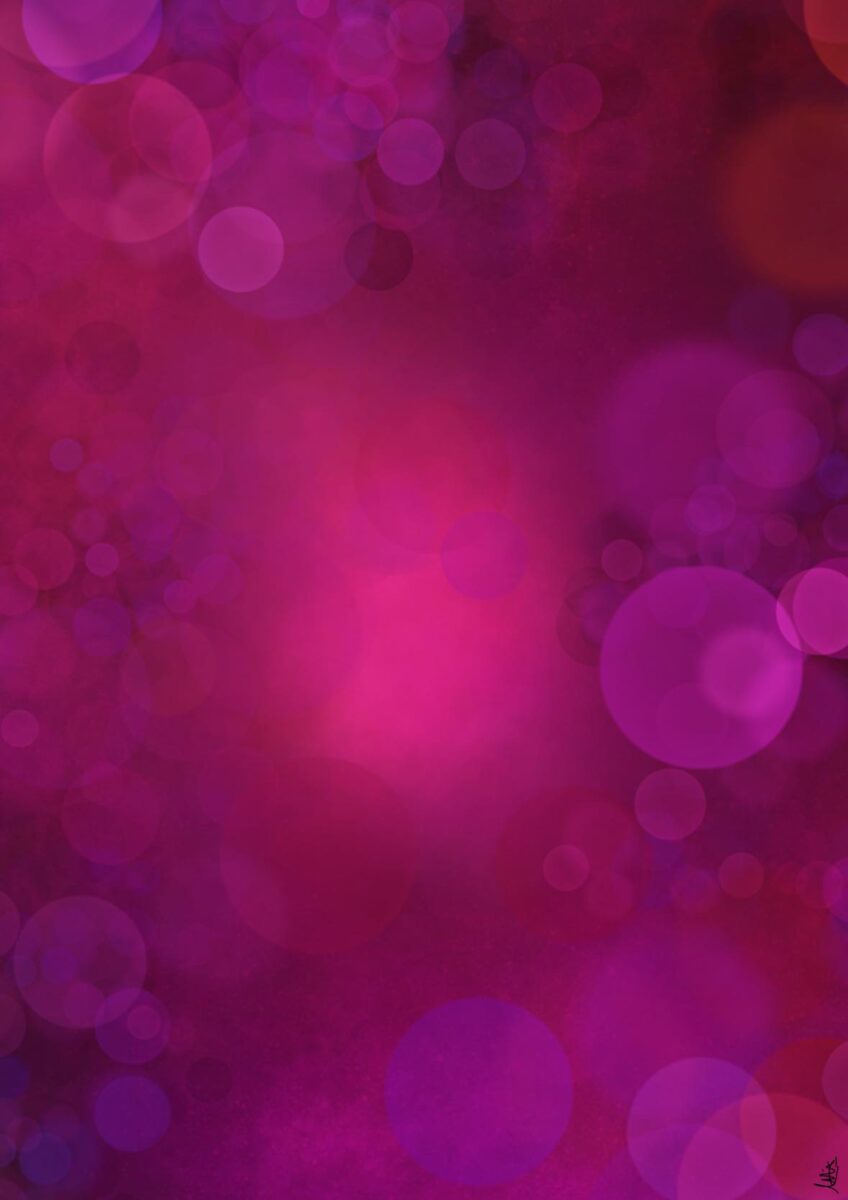After two years, HBO’s critically acclaimed young adult drama starring Emmy Award winner, Zendaya, is back. Following the lives of struggling drug addict Rue (Zendaya) and her peers at East Highland High School, Euphoria is a refreshing yet unsettling depiction of adolescence. Created and written by Sam Levinson, the series’ controversial subject matter is what allows for such an honest portrayal of individuals struggling with identity, trauma, drugs, love and sex.
Despite having been criticised for being too graphic or too blunt in its storytelling, Euphoria redefines the genre of coming-of-age. It explores adolescent vices through candy-coloured cinematography and a glittery beauty aesthetic. It allows for its characters to be vulnerable and flawed, highlighting some of the most accurate relationship dynamics I’ve ever seen on screen. In an interview with Out Magazine, actress Alexa Demie (Maddy), describes the characters as being ‘real’. She explains that events explored in the show are reminiscent of things she’s experienced herself or has witnessed. And though the extent of these parallels may vary, it’s hard to deny their accuracy. Especially when we recognise the toxicity of the Maddy-Nate (Jacob Elordi) dynamic, or the peer pressure received by McKay (Algee Smith) from his male counterparts. These are all very real issues which are often left unseen or sugar-coated in other dramas.
While Euphoria highlights just how much teenage culture has changed over the past few years, one thing remains the same – parents will always be either oblivious or shocked when learning the truth behind how teens actually live. Despite being a concerned mother, Leslie (Nika King) will never be able to truly understand her daughter. Rue is adept at pretending to be clean and she knows how to get away with using. From negative drug tests to knowing how to resuscitate herself to avoid an overdose – she’s an experienced addict. The mature content in Euphoria has also sparked conversation surrounding who the show is made for. Is it young adults searching for realistic and thoughtful representation on screen? Or parents who wish to intervene before it’s too late? I don’t think it really matters. Either way the show accentuates very real teenage problems through its complicated and diverse characters. We feel sympathy, disgust and frustration towards these ‘people’ who, due to their traumas, are unable to make rational decisions. Their failings are what makes them human.
We should be grateful to have a show like Euphoria as we navigate our adolescence. Not because its characters are necessarily good role models, but because they are unfiltered and complex. You can’t point a finger at Maddy and say she’s your typical clichéd ‘mean girl’, nor does Rue’s status as the protagonist elevate her from criticism of her character and actions. This capacity for nuance is what makes Euphoria brilliant. We should appreciate the show’s ability to allow for queerness to blossom on screen, without hyperfixating on ‘coming out’ or fetishising the process of exploring sexuality. These concepts add depth to each character without being their single defining characteristic. The non-simplification provides them with the freedom to love and to hurt one another as they learn more about themselves. The characters are not restricted to labels, proving to young adult audiences that sexuality and all that comes with it, is fluid. By showcasing a range of personalities who defy tropes gender norms to be true to who they are, Euphoria allows viewers to identify with characters they may never have seen on screen before. It teaches its audience the different meanings and processes ascribable to ‘growing up’ in a way which is totally unique to what is depicted in other young adult dramas.
But it’s not just the complexities of the characters which makes Euphoria addictive, it’s also the sophisticated cinematography. The stylised camera angles and shots emphasise the confusion and anxiety associated with being a teenager and the claustrophobia generated by high school. Levinson and cinematographer Marcell Rév illustrate a world which, though it may seem unrealistic at times, captures the emotionally turbulent experiences of being a teenager. Accompanied by gritty lighting and a stellar soundtrack composed by Labrinth, Euphoria doesn’t miss as a dark coming-of-age classic. In a Rolling Stones piece, Labrinth described adolescence to be “semi-magical but semi-crazy and semi-psychotic.” This sentiment is palpable in the dizzying-in-a-good-way score which is just as engaging and informative as the storylines themselves. Viewers can sense tension as soon as Nate Growing Up begins to play. We can relate to Rue’s sense of isolation as Still Don’t Know My Name hums in the background.
It is the combination of all these elements which create such a cinematic experience in watching Euphoria. The pace of a weekly episode allows us to digest the content and analyse each character’s actions fully before it is time to consume the next. The audience is invested and personally grapples with each character’s trauma and complications to better understand them. Watching Euphoria is messy and uncomfortable. It’s hard not to wince at Nate’s homophobia or at Rue’s poor decisions. You can often feel the anxiety of characters radiating through the screen. But no other show pays this much attention to detail when exploring the struggles of youth. There’s a reason why Euphoria is worth the hype and why every ugly moment displayed on the screen is beautiful.
Originally published in Woroni Vol.72 Issue 1 ‘Evolution’
We acknowledge the Ngunnawal and Ngambri people, who are the Traditional Custodians of the land on which Woroni, Woroni Radio and Woroni TV are created, edited, published, printed and distributed. We pay our respects to Elders past and present. We acknowledge that the name Woroni was taken from the Wadi Wadi Nation without permission, and we are striving to do better for future reconciliation.
